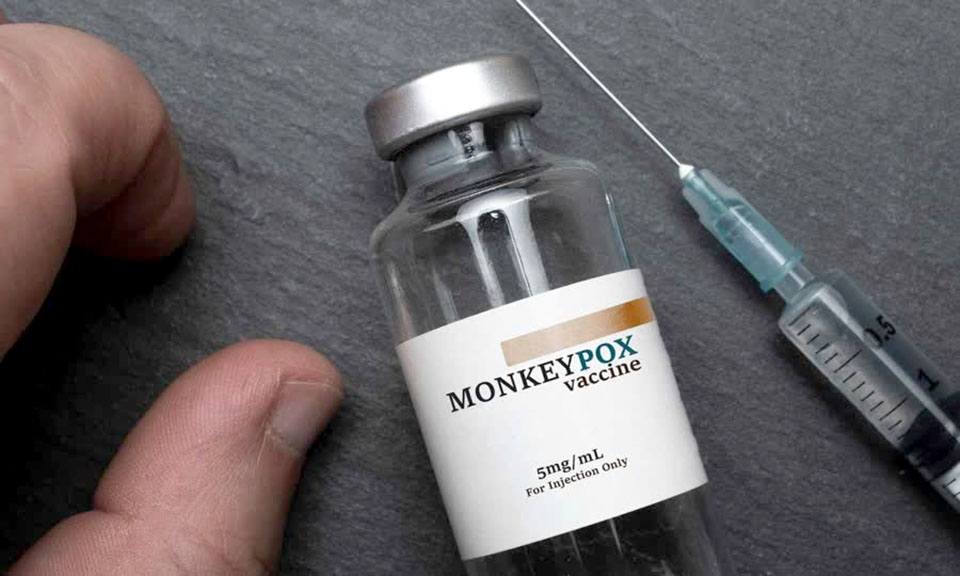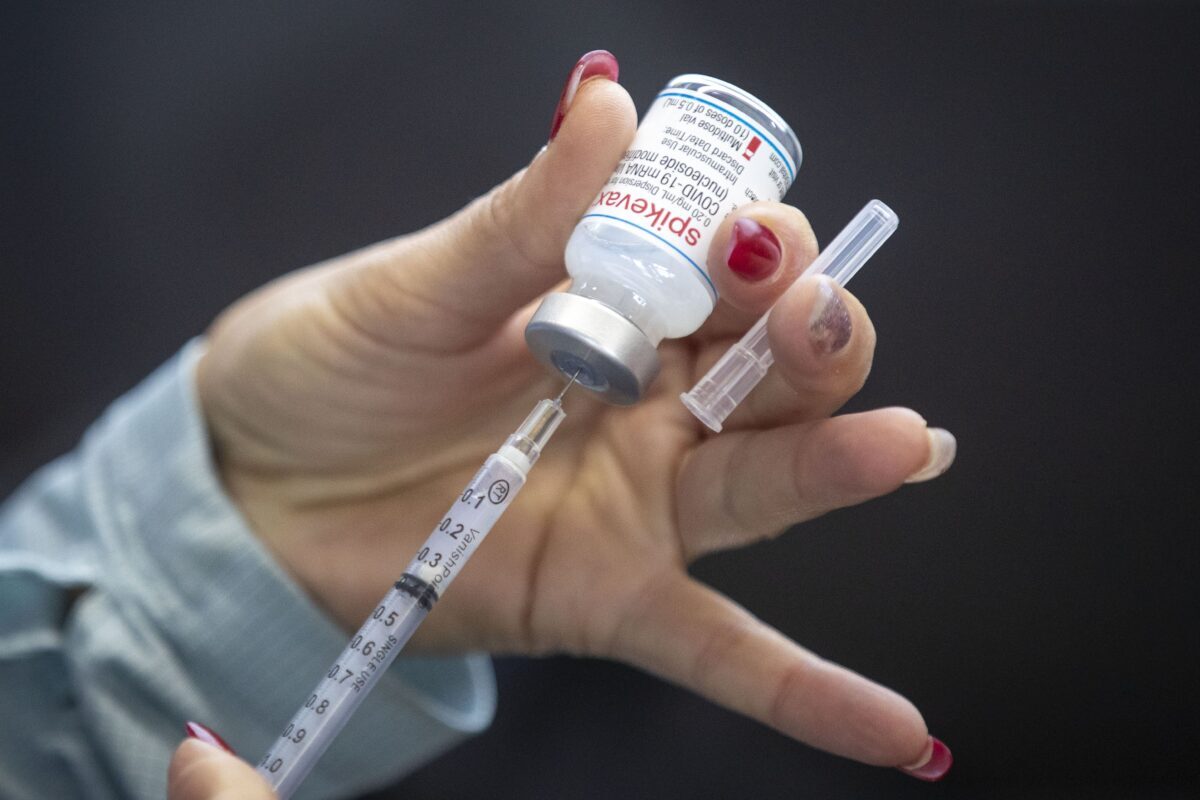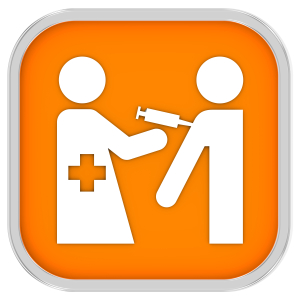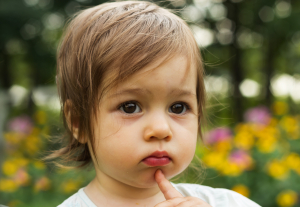By Fiona Mackenzie, Cromdale, Grantown on Spey, Highlands of Scotland
 Chelsea had 2 injections of Cervarix in the fall of 2012 before we went to Australia. A few months after we returned, we took her in for the third jab. The GP practice stated that they didn’t stock Cervarix any longer, but would check whether they could use Gardasil to finish the series. The next week in May 2013 she had her final vaccination, but it was Gardasil, not Cervarix. I did not question this because I trusted the doctor to protect her health. However, looking back I had so little information to go on at the time, I certainly should have questioned the decision to mix the two HPV vaccines. Until after the third injection, Chelsea was a normal healthy girl.
Chelsea had 2 injections of Cervarix in the fall of 2012 before we went to Australia. A few months after we returned, we took her in for the third jab. The GP practice stated that they didn’t stock Cervarix any longer, but would check whether they could use Gardasil to finish the series. The next week in May 2013 she had her final vaccination, but it was Gardasil, not Cervarix. I did not question this because I trusted the doctor to protect her health. However, looking back I had so little information to go on at the time, I certainly should have questioned the decision to mix the two HPV vaccines. Until after the third injection, Chelsea was a normal healthy girl.
In late August of the same year, she started complaining of back pain. At first, I discounted it but 3 weeks later it had become so serious we had to take her back to the doctor. She was referred for physio, but it did not help. As time went on, Chelsea became increasingly disabled by her now constant back pain.
By late September she could not manage to get out of bed very often. School attendance became impossible as the pain spread to other joints in her body, mainly her neck, knees, and legs. We were now regular visitors to our local GP. Chelsea was referred for an urgent MRI. The results returned 5 days later showing mild edema on her anterior spinal column. Her GP suspected Lyme disease, but the test results came back negative.
On December 3rd, 2013, Chelsea’s GP admitted her to the Children’s Ward. Her symptoms at the time were a persistent pain in her back, lower and upper limbs, sleeping problems, loss of grip strength, paraesthesia (tingling, numbness) in her hands, intermittent tingling in her arms and legs, and no reflexes. During her 4 day stay, Chelsea had various specialists trying to find her reflexes but all were unable to do so. She also had a lumbar puncture, nerve conductive studies, and blood tests. The doctors reported that nothing of great interest was found.
By this time, Chelsea had not been in school for more than 3 months and was able to complete only small amounts of regular schoolwork at home.
The next few months Chelsea spent in bed. If I took her out, she would have to use either crutches or a wheelchair. She was in constant pain and being treated with a cocktail of Amitriptyline, Ibuprofen, Solphadol, and Dihydrocodeine.
By February 2014, she also developed headaches during which her eye became swollen so the GP added an anti-migraine drug (Pizotifen). Chelsea also struggled with dizziness and developed strange food intolerances.
Things finally started to improve a bit by April 2014 so Chelsea was able to return to school for 2 hours a day.
Later in April, she saw a different GP who changed her cocktail of drugs because the doctor felt Chelsea must be “drugged” and this was not helping her. Around the same time, she began taking advice from and being treated by a homeopath. Chelsea decided for herself that the only true way to detox was to stop her medications. This seemed possible because her symptoms decreased as she removed various prescription drugs from her daily medical cocktail.
By June, Chelsea had improved enough to be able to return to school for the mornings. Her most recent MRI scan showed that she no longer had swelling on her spine and her general health was somewhat improved. She was now in year 4 in school but had missed all of year 3 with the exception of a few hours. She still had daily pain and various strange symptoms, but she learned to cope with them. We were still having follow up medical appointments on a regular basis.
We never obtained an official diagnosis for Chelsea – which has hugely affected her life. Having no formal diagnosis made her feel like no one believed her symptoms were real. When the medical professionals kept telling her they could find nothing wrong, I am sure there were times when she questioned her own sanity.
There is no doubt in my mind that HPV vaccines played a part in changing my daughter from a healthy young girl into one who was constantly sick with a long journey to recovery. After all, the only change in her life prior to the appearance of all these new medical conditions was being vaccinated with Cervarix and Gardasil.
Fast forward three years to September 2018: Has my daughter recovered? Has Chelsea regained some sense of normality in her life? The answers to these questions are both “NO”!
Chelsea has had to battle mental health problems. I strongly believe these issues stem from the long-term chronic illness she had to endure during her teenage years. These years changed my daughter’s entire outlook on life. I rarely understand her reasoning with things. At times I despise her ways. However, writing her story has made me stop and think. The happy go lucky girl I had pre-vaccine is probably gone forever.
Would she have developed mental health problems had she not had the HPV vaccines? Unlikely, I expect. Spending so many of your teen years bed-bound with no real support from the medical community most definitely takes its toll. Chelsea was a bright scholar in primary. She was advanced a year in reading and took great pride in her 100% attendance record. She has the certificates to prove that. She walked out of high school in the 6th year with only a few Nat 5 as she had such poor attendance. She was so unwell she could not manage 1 higher.
Today she still suffers multiple symptoms, including endless lethargy and suicidal thoughts. Chelsea is now an unhappy 19-year-old without much focus. This young lady readily admits that during her illness she felt virtually abandoned by the medical profession.
As her mother, I cannot help but believe her current mental issues might not be so profound had she felt supported and cared for by those who were supposed to help her heal.
Thank you for taking the time to read this. Quite honestly, it was not at all easy to write the story of our life over the past few years. Doing so brought a flood of emotions back to the surface.
Instead of watching with pride as Chelsea worked to achieve her hopes and dreams, our family fought to cope with all of her new (and still unexplained) medical problems. Instead of celebrating the milestones teenage girls typically experience during high school, our family spent these precious years feeling abandoned and betrayed by a medical system we trusted to care for her health and well-being. We suffered along with Chelsea as her youthful enthusiasm turned to bitter despair. We would give anything to be able to turn back the hands of time.
Unfortunately, our family is not alone. Families around the world are experiencing similar events after HPV vaccinations.
When is it all going to end? When are people in the medical profession going to have the courage to stand up and fight for our children?
This article in it’s entirety, is compliments of www.SaneVax.org
 “The problem in issuing the existing smallpox/monkeypox vaccine an EUA, is that it was already approved by the FDA, even though it has not been tested in the public much beyond the initial trials conducted by the drug company.
“The problem in issuing the existing smallpox/monkeypox vaccine an EUA, is that it was already approved by the FDA, even though it has not been tested in the public much beyond the initial trials conducted by the drug company. “Programs in countries around the world have begun quietly compensating people who have been injured by or died as a result of the COVID-19 vaccines.”
“Programs in countries around the world have begun quietly compensating people who have been injured by or died as a result of the COVID-19 vaccines.” Chelsea had 2 injections of Cervarix in the fall of 2012 before we went to Australia. A few months after we returned, we took her in for the third jab. The GP practice stated that they didn’t stock Cervarix any longer, but would check whether they could use Gardasil to finish the series. The next week in May 2013 she had her final vaccination, but it was Gardasil, not Cervarix. I did not question this because I trusted the doctor to protect her health. However, looking back I had so little information to go on at the time, I certainly should have questioned the decision to mix the two HPV vaccines. Until after the third injection, Chelsea was a normal healthy girl.
Chelsea had 2 injections of Cervarix in the fall of 2012 before we went to Australia. A few months after we returned, we took her in for the third jab. The GP practice stated that they didn’t stock Cervarix any longer, but would check whether they could use Gardasil to finish the series. The next week in May 2013 she had her final vaccination, but it was Gardasil, not Cervarix. I did not question this because I trusted the doctor to protect her health. However, looking back I had so little information to go on at the time, I certainly should have questioned the decision to mix the two HPV vaccines. Until after the third injection, Chelsea was a normal healthy girl.


